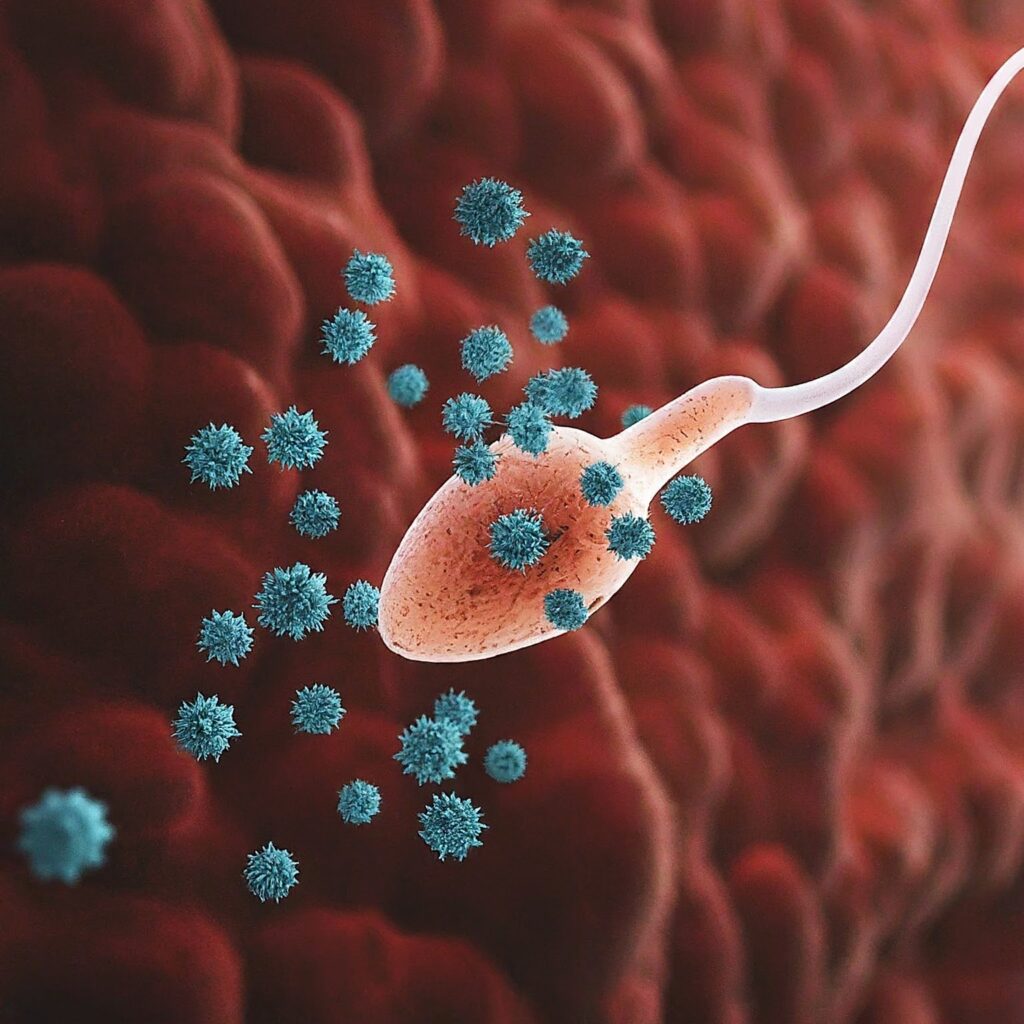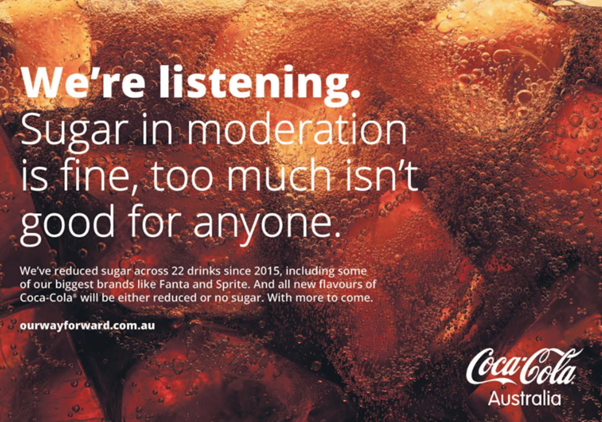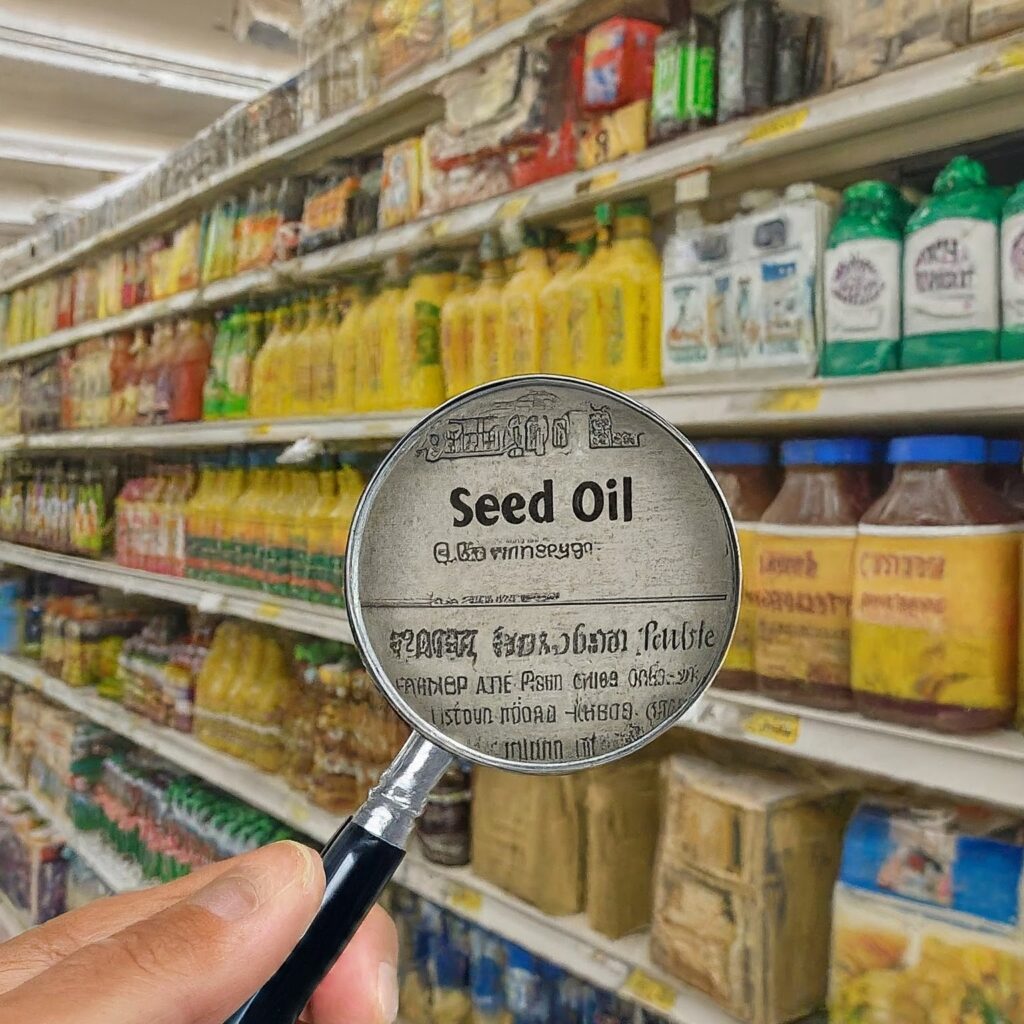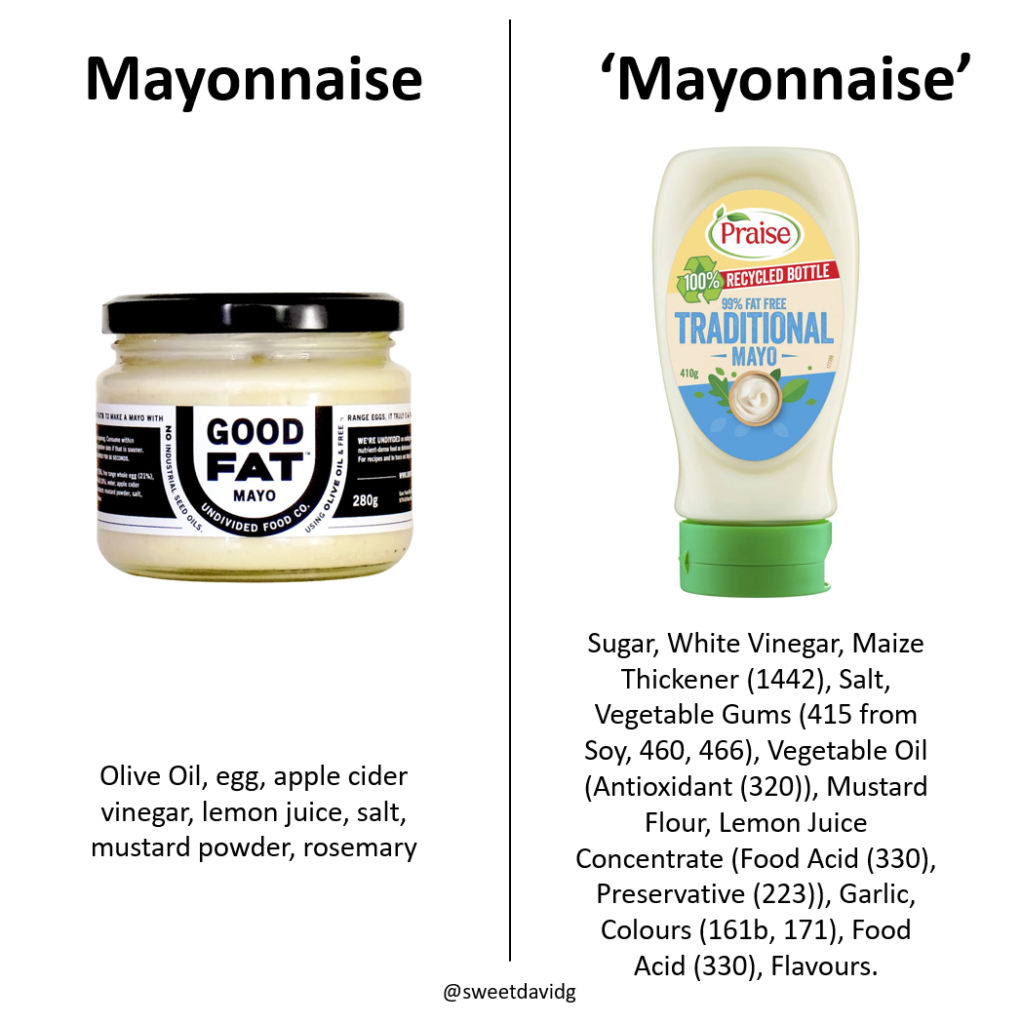
The obesity epidemic has reached “crisis” status, which usually means it’s time for desperate measures and terrible advice. And boy, have we gotten some doozies thanks to some nutrition ‘scientists’ misinterpreting physics and the irresistible power of sugar.
Somewhere along the way, we fell for the first law of thermodynamics, which isn’t about thrilling roller coaster rides, sadly. It states that energy can’t be created or destroyed. While that’s true in a closed system, our bodies are anything but! This oversimplified idea led to the ‘calories in, calories out’ mantra. Sounds logical, right? Eat less, move more, and voila! Except, just like those “one simple trick” internet ads, human bodies don’t fall for that kind of simplicity.
Blaming our expanding waistlines on laziness and greed would be convenient, and that’s exactly what diet culture loves to do. But it ignores the biological battleground raging inside us. If you’ve ever felt driven to demolish that entire family-sized packet of Tim Tams while your brain screams, “Stop!”, you’ve experienced this firsthand. Blame fructose, that hidden sugar in everything delicious. It’s like your hormones are trying to send an important email, but fructose keeps hitting “spam.”
Those hormones, leptin and insulin, work together like a well-oiled machine to regulate your appetite. Leptin, produced by fat cells, signals to your brain that you’re satisfied and have enough energy stores. Insulin, released by the pancreas in response to rising blood sugar levels (like after a meal), promotes feelings of fullness and helps your body store excess glucose for later use.
Fructose, however, throws a wrench into this delicate system. Here’s the breakdown:
- Fructose Bypasses the Leptin System: Unlike glucose, the primary sugar found in starchy foods, fructose doesn’t effectively stimulate leptin production. This means your body doesn’t receive the “all good” signal, leaving you feeling hungry even after consuming fructose-laden foods.
- Fructose Fuels Fat Production: The liver is the primary place where fructose is metabolised. Excess fructose gets rapidly converted into fat, particularly a type called triglycerides. This can promote fat storage, particularly in the liver, contributing to conditions like fatty liver disease.
- Fructose and the Reward System: Fructose also directly stimulates the reward centres in the brain, similar to addictive drugs. This creates a cycle of craving more sugary foods, leading to overconsumption and weight gain.
By disrupting these hormonal signals and promoting fat production, fructose tricks your body into thinking it needs more fuel, even when you don’t. This is why you might find yourself reaching for another Tim Tam or a handful of chips despite feeling like you just ate. Picture your appetite as a runaway train fueled by processed food, and willpower as a desperate koala trying to block the tracks. It’s not going to end well for the koala.
This hormonal chaos is why diets usually end in binge-eating frenzies (and a renewed appreciation for stretchy pants). Bariatric surgery? That’s like putting a speed bump on the runaway train – it works for a while, but your body is determined to regain its set point. It’s a marvel of adaptation, just the wrong kind when fighting a battle of the bulge.
So, what’s the solution? Well, it certainly isn’t counting every calorie like a neurotic accountant or joining that gym you’ll never actually attend. Let’s ditch the outdated physics misinterpretations and focus on what truly drives the runaway train:
- Fructose is the Enemy: Processed foods are where fructose really hides, wreaking havoc on your hunger signals. It’s not just the obvious culprits like chocolates and soft drinks. Think sneaky additions like flavoured yoghurts, breakfast cereals, sauces, and even seemingly ‘healthy’ muesli bars. Here’s how to fight back:
- Read Labels Religiously: Fructose goes by many names – sugar, high-fructose corn syrup, agave nectar, fruit juice concentrate – learn them all. Don’t buy food which contains more than 3g of sugar per 100g.
- Swap Sweet Treats: Craving something sweet? Reach for whole fruit, which delivers fructose alongside fibre, helping to balance the impact.
- DIY is Best: Make your own dressings, sauces, and snacks to eliminate the added sugar. It’s easier than you think, and your taste buds will adjust!
- Fat Isn’t the Villain: Remember all those low-fat snacks? Turns out healthy saturated fats like those found in meat, dairy, avocados, coconuts, macadamias, and olives can help you feel full and satisfied.
The obesity crisis is a beast, fueled by bad science and the food industry’s relentless quest for profit. But with solutions rooted in real biochemistry, not misapplied physics textbooks, we can fight back. And maybe, just maybe, relegate those stretchy pants to the back of the closet once and for all.



















Recent Comments